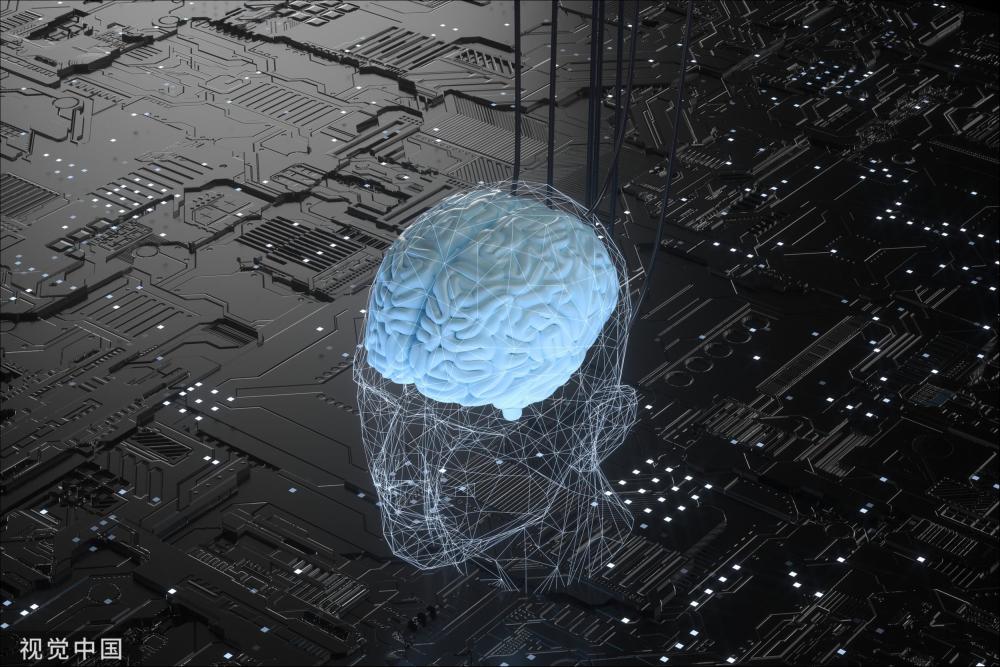|
?Source Image:China Visual BEIJING, February 28 (TMTPOST)?—?Founders of the Tianqiao & Chrissy Chen Institute (TCCI) announced a plan on Monday to further support study into the?human brain. The so-called “3521” ecological strategy aims at solving the three pain points, including the gaps between disciplines, the few training and funding resources for young scientists, and the complicated and length publication process. It provides five possible solutions to work on technologies from two scientific areas as well as one online community. “We are standing at the forefront of the development of basic research on brain science. With a third-party perspective and a flexible innovation mechanism, I believe that TCCI can make unique contributions to the brain science in China,” said Chen Tianqiao. The non-profit institute plans to promote interdisciplinary cooperation through conference exchanges, co-organize summer schools with top academic institutions to train young scientists, create academic journals to promote publications and set up frontier laboratories to explore new research, while funding excellent scientific research institutions and scientists around the world. The founder Chen Tianqiao believed that the two areas, including artificial intelligence and blockchain, are the most helpful to promote breakthroughs in future research. He also led the creation of the Socratic Lab, a community for scientists?to have video meetings and community discussions, as well as tune into the latest science news. In 2022, nearly 5,000 global scientists participated in more than 100 scientific conferences online with the lab. About a thousand academic questions were generated, according to TCCI. The institute is working on an updated version of the app to engage communications in the academia. Headquartered in California, U.S., TCCI was founded in 2016 by the Chen couple to understand how perceptions are formed and impact human’s behaviors. It focuses on research in three core areas – brain discovery, brain treatment and brain development.? Last year, the institute established cooperative relationships with various organizations, including the University of Electronic Science and Technology of China, Huashan Hospital, Zhejiang University, and Shanghai Mental Health Center. It also supported over 160 conferences globally. |
China's Brain-computer Interface Research Instit
时间:2024-03-29 18:47 来源:网络整理 转载:我的网站
- 上一篇:天水日报速览|2021年7月13日
- 下一篇:天全人 重要提醒!下周上班时间有变

